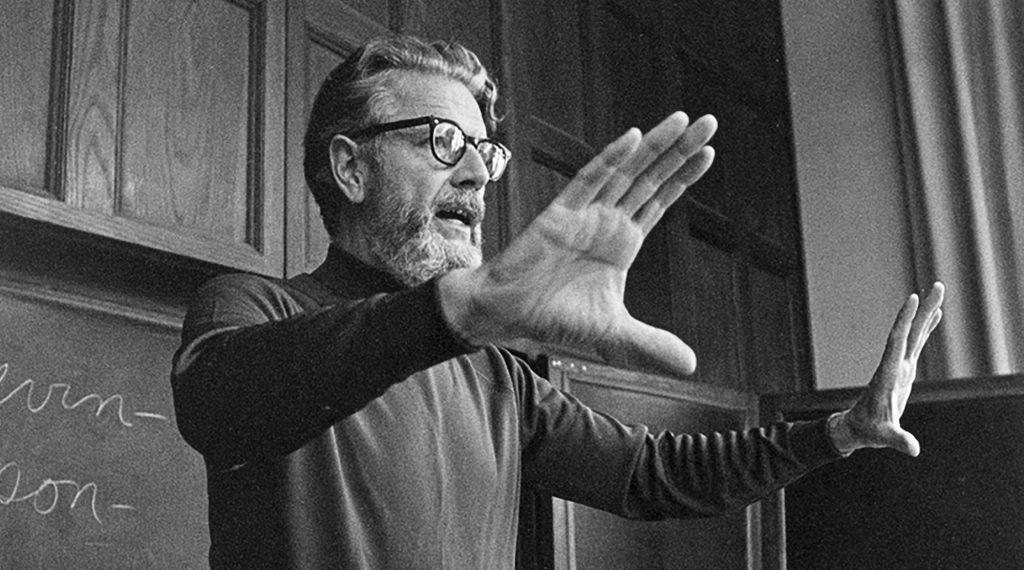As a nation we are reputed to write very badly.
Wayne C. Booth
Academia is a nation of sorts. We may not have an army and a navy, but our dialect is almost a language of its own. It’s not exactly a foreign culture, but academics do have a distinct way of carrying themselves. And, yes, Booth is right that our reputation somewhat precedes us when we venture outside our ivory towers (and even within it). They call us pedants (with swinish phrase!) and, indeed, our pedantry does at times take from our achievements. Though I am native here and to the manner born, I will grant that as a people we have much to answer for. But all is not lost.
If there’s any hope, it lies in our prose. In his classic address to the 1963 annual meeting of the Conference on College Composition and Communication, Wayne Booth proposed “the rhetorical stance” as a corrective to the default “pedant’s stance” of many scholars and the students who imitate them. This stance, he suggested, “consists of ignoring or underplaying the personal relationship of speaker and audience and depending entirely on statements about a subject — that is, the notion of a job to be done for a particular audience is left out.” It is precisely this relationship to the reader that we writing instructors try to get our students (and their teachers) to take seriously, to care about.
Indeed, I have found that those of my peers I disagree with most strongly, namely, the writing instructors who want to banish the “five-paragraph essay,” have precisely this relationship in mind. Their hearts are in the right place. I just think they are wrong to soil a perfectly good writing exercise with the charge of pedantry. After all, the mere act of writing five paragraphs, with a clear thesis statement in the introduction and a clean landing in the conclusion, does not preclude developing a relationship to the reader. You just have to find the specific difficulty you’re helping them to overcome, you have to find the pocket.
Next week, I want to take a close look at Booth’s talk, which is also an exemplary piece of writing in its own right. So you might want to read it and form your own opinions in advance. It’s interesting to note that he explicitly confines himself to issues that can be addressed in the span of twenty minutes (even back in 1963 this was the standard length of a conference presentation, it seems.) My quick count puts it at 24 paragraphs, some of which are quite short. So there’s that.
